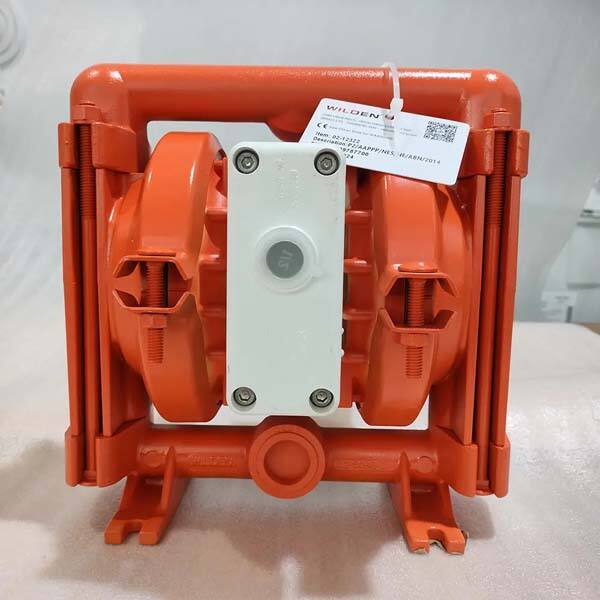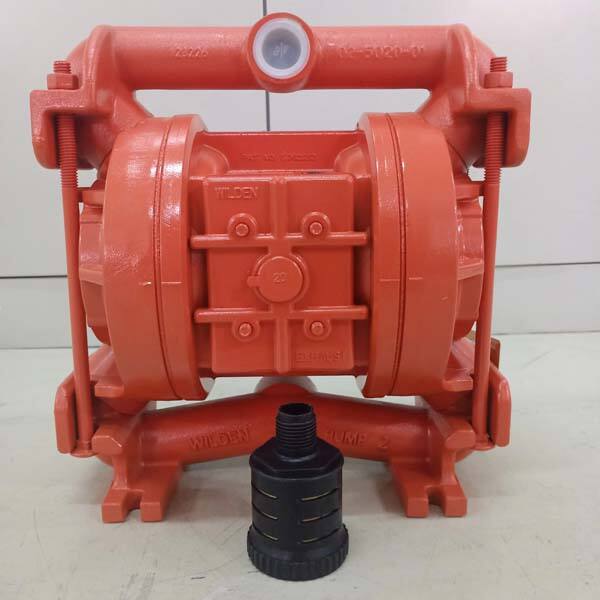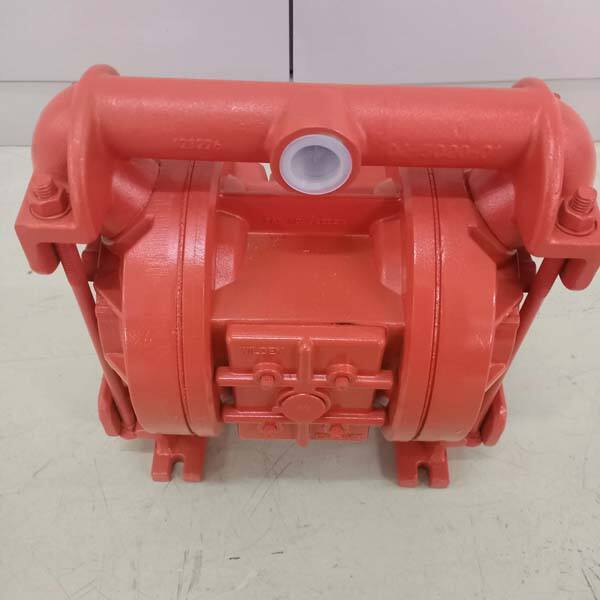Pneumatic diaphragm pumps are unique pumps in that they use air to move a rubber, flexible piece (known as a diaphragm) up and down. They are employed in a wide range of industries to transfer liquids and perform applications that require appreciative control and reliability. What are Pneumatic Diaphragm Pumps and Why does That Matter in Today’s Technology?
Pneumatic diaphragm pumps operate entirely by the use of compressed air to cause the diaphragm to move back and forth. This motion causes a vacuum, which in turn draws the fluid into the pump before expelling it out again. This structure enables these pumps to accommodate various types of fluids ranging from thin liquid to thick sludge and is applicable to a wide range of work assignments.
Pneumatic Diaphragm Pumps as the Efficient Choice There are a number of reasons why these diaphragm pumps are efficient, and most importantly, reliable.
A major upside of the pneumatic piston pump pumps is its high efficiency and total reliability. Because they don’t have many moving parts, they are generally less prone to breakdowns or the need for repairs than other types of pumps. In other words, companies can rely on these pumps to not only perform efficiently, but also to save you time and money.

Pneumatic diaphragm pumps are used in a range of applications across industries, from chemical processing and food manufacturing to cleaning up wastewater. These pumps can transfer abrasive, viscous, and corrosive liquids, and have a cleaning out pump design so that they can be used to empty clogged sinks, water tanks, and more! They are critical tools for many businesses across the world.”

Pneumatic diaphragm actuators aid in regulating how the diaphragm is moved in these pumps. Changing the air pressure “allows workers to control how much fluid is going through the pump and to do so in a very fine-tuned manner. This is crucial in fields in which a precise amount of liquid is to be delivered, such as the production of medicines or the conditioning of water.

Pneumatic Diaphragm Valves: These are essential for fluid and gas management. These valves are constructed to be durable and dependable, and will work well at a variety of pressures and temperatures. Pneumatic diaphragm valves can help companies ensure that their systems are running correctly, which in turn helps to cut down on the possibility of leaks or spills that might potentially cause trouble down the road.